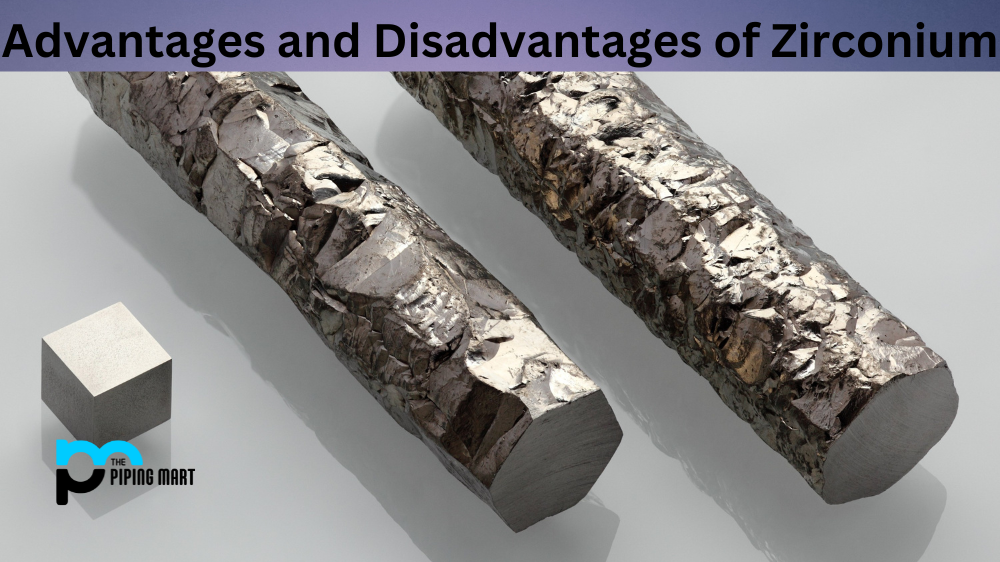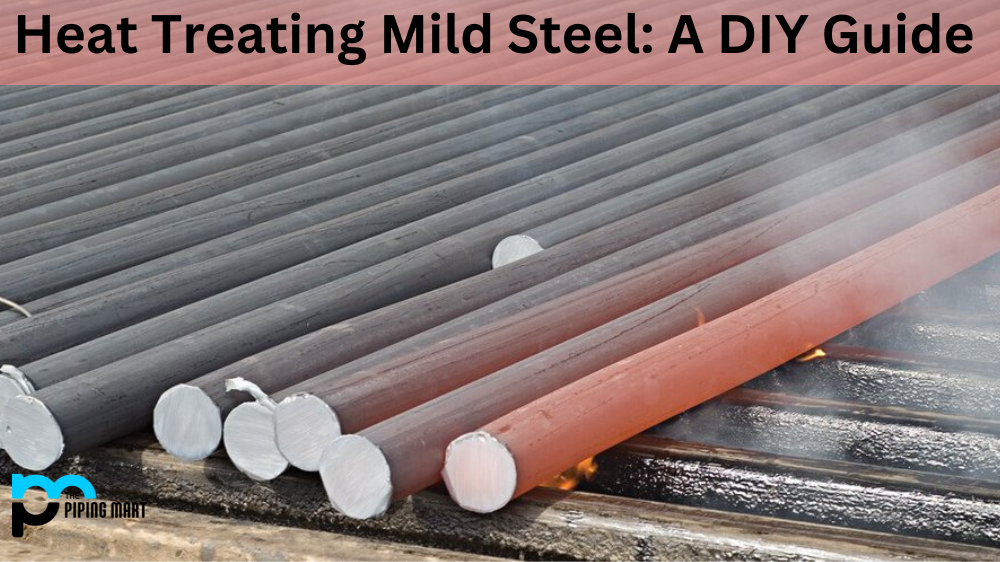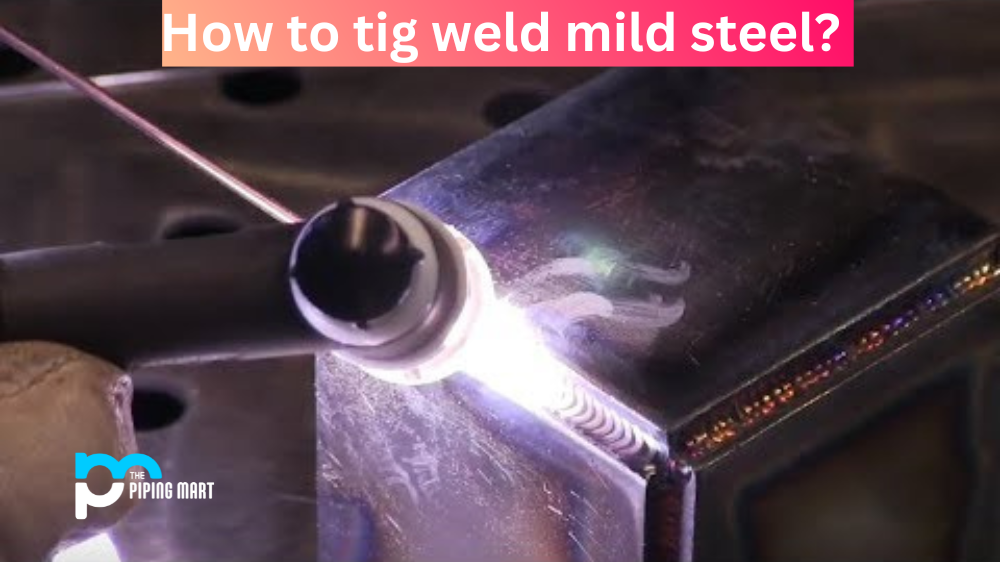Zirconium is a metallic element with various uses, including in jewellery, nuclear reactors, and dental implants. As the world becomes more health-conscious, Zirconium has become a popular alternative to traditional metals, offering a variety of benefits. However, as with any material, Zirconium also has its drawbacks. In this article, we’ll explore Zirconium’s advantages and disadvantages.
Advantages of Zirconium
Durability
Zirconium is extremely durable and resistant to scratches, dents, and chips, making it a popular choice for lifetime jewellery. Additionally, Zirconium’s strength makes it an ideal material for dental implants, as it can withstand the constant stress of chewing and biting.
Hypoallergenic
Unlike some other metals, Zirconium is hypoallergenic, meaning it’s less likely to cause an allergic reaction. This makes it an ideal jewellery material, especially for sensitive skin individuals.
Lightweight
Zirconium is incredibly lightweight compared to other metals, making it comfortable for everyday wear. This is especially important for those with active lifestyles who don’t want to feel weighed down by their jewellery.
Disadvantages of Zirconium
Difficult to Work with
While durable, Zirconium is relatively easy to use. It requires special tools and expertise to shape and finish, making it more expensive to work with than other materials.
Limited Style Options
While Zirconium comes in various colours, the material is more limited in style options. Unlike gold or silver, Zirconium can’t be easily moulded into intricate shapes or patterns, limiting its use in jewellery making.
Price
Zirconium is a relatively expensive material compared to other options, like stainless steel or titanium. While it offers unique advantages, the cost of working with Zirconium may only be feasible for some.
Conclusion:
In conclusion, Zirconium is a unique material with both advantages and disadvantages. Its durability, hypoallergenic properties, and lightweight make it ideal for specific applications, like jewellery and dental implants. However, its difficulty to work with and limited style options may make it less appealing to some individuals. Ultimately, the decision to use Zirconium comes down to personal preference and intended use, and it’s important to weigh both the benefits and drawbacks before making a final decision.

Abhishek is a seasoned blogger and industry expert, sharing his insights and knowledge on various topics. With his research, Abhishek offers valuable insights and tips for professionals and enthusiasts. Follow him for expert advice on the latest trends and developments in the metal industry.




